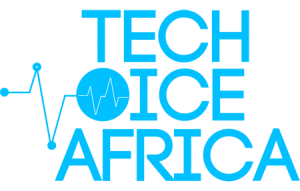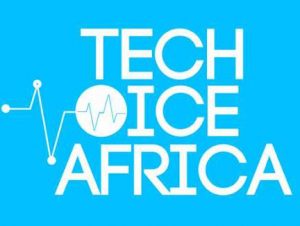Scottish Technology Company, CereProc, has given a 54 year old radio journalist who has been unable to talk for two years his voice back.
The US journalist, Jamie Dupree, of Cox Media Group was diagnosed of a rare neurological condition by the Scottish firm.
But to enable him talk again, a neural network was trained to predict how Dupree talks.
Samples from his old voice recordings were then used to make the task easier.
The neural networks, which contain between six to 10 layers each, work by slicing audio recordings of words down to phonetics.
This is done with lots of common words until eventually it understands how basic phonetics work in that person’s voice.
Then, the neural network can create its own sounds and predict what the person would sound like if they were to say a series of words in conversation.
To create a voice for someone, the individual needs to read out a script for 30hours in order to gather enough data.
Then artificial intelligence is applied to either chop up words from the audio file or stick them back together on demand.
Sometimes, the technology is used to predict and imitate the person’s speech patterns.
Both of these methods can take a month to produce just a voice and can also cost tens of thousands of pounds.
Cereproc started developing its own neural networks in 2006.
But today, in just a few days, its artificial intelligence system can generate a voice for £500, once a user has recorded themselves reading the script on its website.
Thanks to Artificial Intelligence (AI), a new voice has been created for Mr. Dupree.
He can now write a script and use a free text to speech software program called Balabolka on his laptop to turn it into an audio recording with his new voice.
If a word doesn’t sound quite right in the recording, he can slow down or swap a word to one that does work or change the pitch.
And after that, he can have a full radio story ready to go live in just seven minutes.
In an interview with BBC, Mr. Dupree stated that, the innovation saved his job and family from a “terrible financial unknown.”
“There is not much of market for radio reporters who can’t talk”, he said.
Report by: Priscilla Aikins
With the aid of Artificial Intelligence (AI), a new voice has been created for him.















